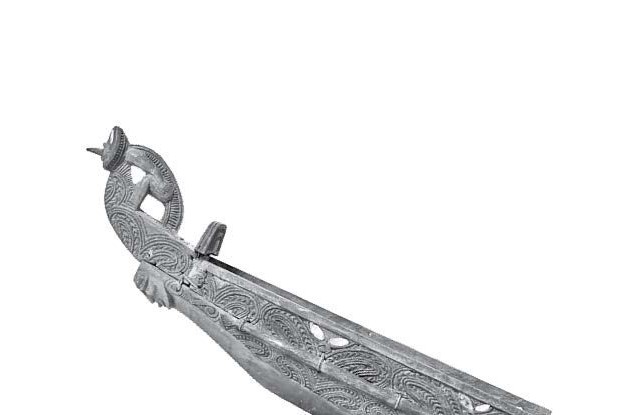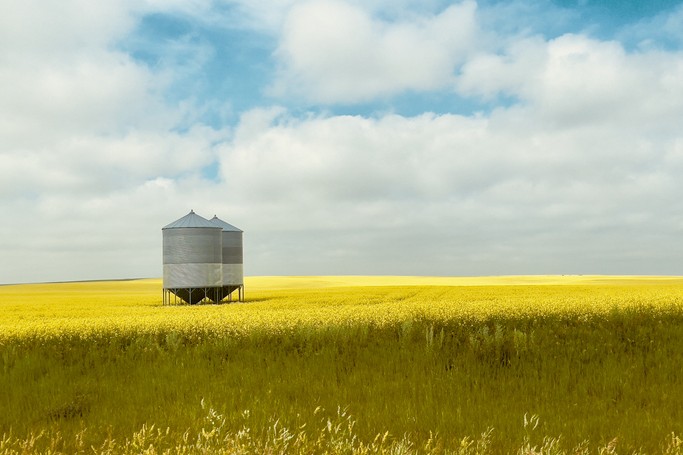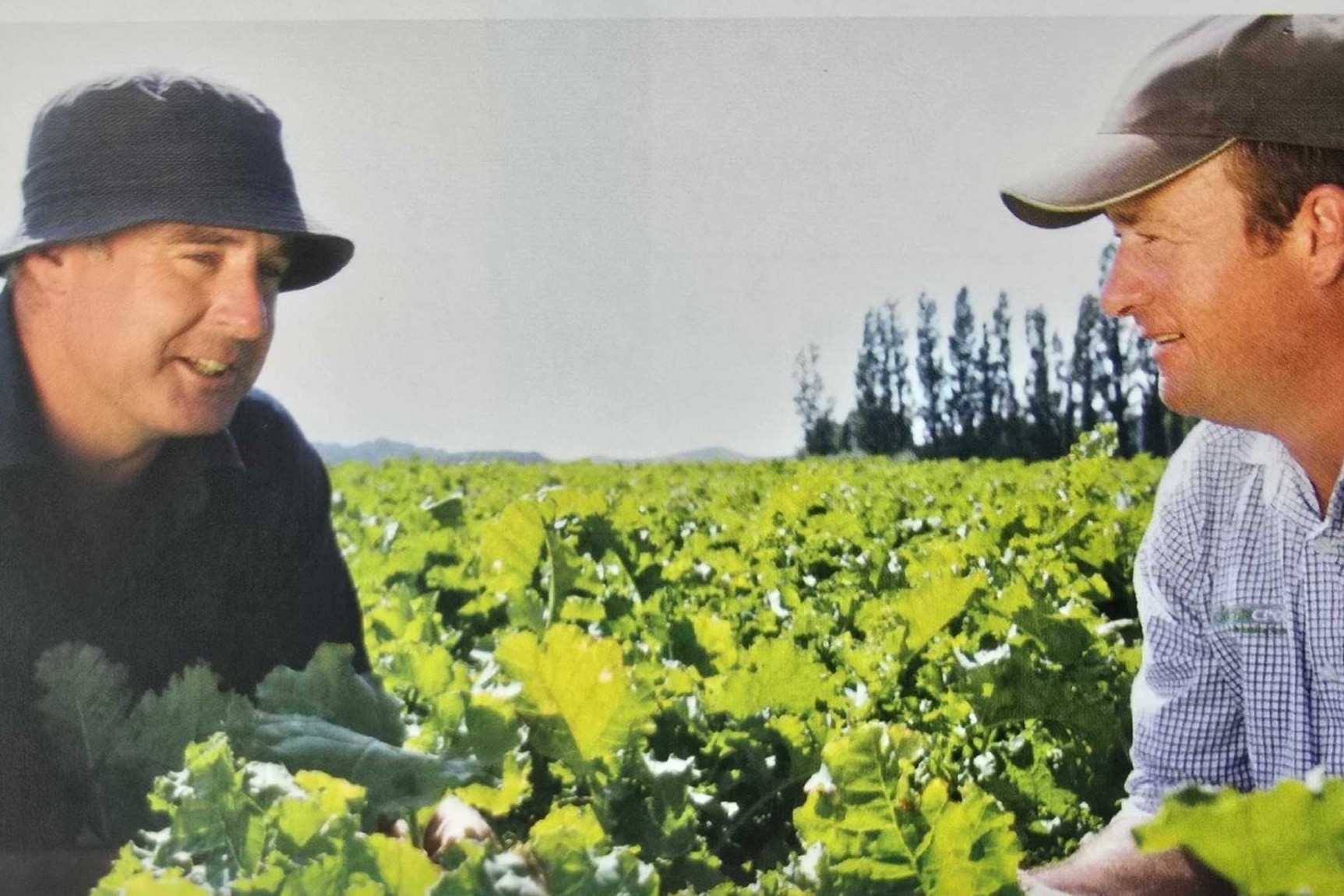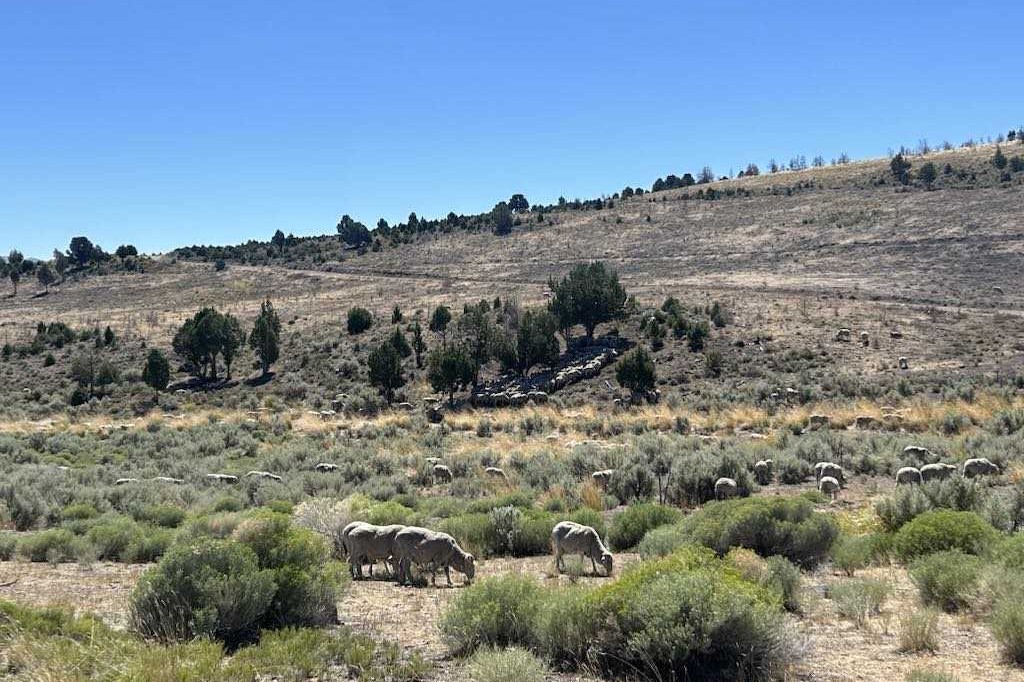Time to scuttle the waka
Southland farmer Dean Rabbidge has serious concerns about climate change partnership He Waka Eke Noa and its recommendations.

Southland farmer Dean Rabbidge has serious concerns about climate change partnership He Waka Eke Noa and its recommendations.
HE WAKA EKE NOA HAS LONG BEEN a contentious issue for the agriculture sector of New Zealand.
We have reached a point where the levy bodies and member-based organisations have agreed in principle to a mechanism that will see agriculture pay for a percentage of their emissions, mainly methane emitted from ruminant animals.
The producers who contribute to these levies and pay the memberships have been let down. We have been signed up to a virtue-signalling system that will see us all pay a tax of varying levels, which will be used for “research and development” to help reduce emissions while maintaining our already high production, world-leading low-footprint system.
We are told we need to do this to maintain our social licence. We are told we will receive premiums for our products offshore. We are told the rest of the food-producing world will follow. We are told we need to do our part. We are told to simply plant the less-desirable areas of our properties in monoculture exotic trees to offset the emissions. And we are told that, for most, the tax will be minimal starting at about $1 to $1.50 per stock unit.
All of this I find to be completely mythical, unfathomable and insulting.
We all agree the sector needs to maintain a social licence, but what about the social licence of He Waka? I don’t think it has one – when it will see the existence of rural communities, families, and businesses threatened.
It will reduce the amount of high-quality protein the world already sources from us. It will reduce the financial viability for many, especially in the high country. Sadly it will, and is already, creating division among what has historically been a united and staunch agricultural team.
The personal factor has been ignored and we are becoming collateral damage for what is a growing political power play. It is forgotten that the properties we are all so proud of are not only our businesses, but our homes, our children’s playgrounds and for many, part of our legacy.
Food security is becoming a more topical issue by the day and we see European countries wind back environmental regulation to ensure they can continue to both feed people and energy.
Time and time again we are told that “once the Europeans do their calculations they will soon learn they will be in a much worse position than NZ”. This may be the case, but I think it is more likely that they will value their food security to the point where they will not implement restrictions such as those He Waka will generate for us.
I would like to know how paying a tax to the government (which has a somewhat questionable track record of re-allocating it) is going to generate measurable, tangible and timely outcomes?
I know I could make a larger and faster impact by retaining my calculated tax and reinvesting it into my property in the form of fencing, riparian planting with natives, or water schemes, all while maintaining our level of production. All of this is discretionary spending that creates better outcomes, but it will be lost in the name of climate change to a tokenistic and virtue-signalling tax.
He Waka has far too many inconsistencies, unfairness, complications, grey areas, uncertainties, developments and unknowns to be agreed to. When combined with the carbon-laundering scheme that is the Emissions Trading Scheme, I am gravely concerned for the future of NZ agriculture. Our food producers are both angry and disappointed in the representation we have received and should no longer accept the position we have been served.
He Waka is completely unacceptable in its current form. It is He Waka Eke NO from me.




